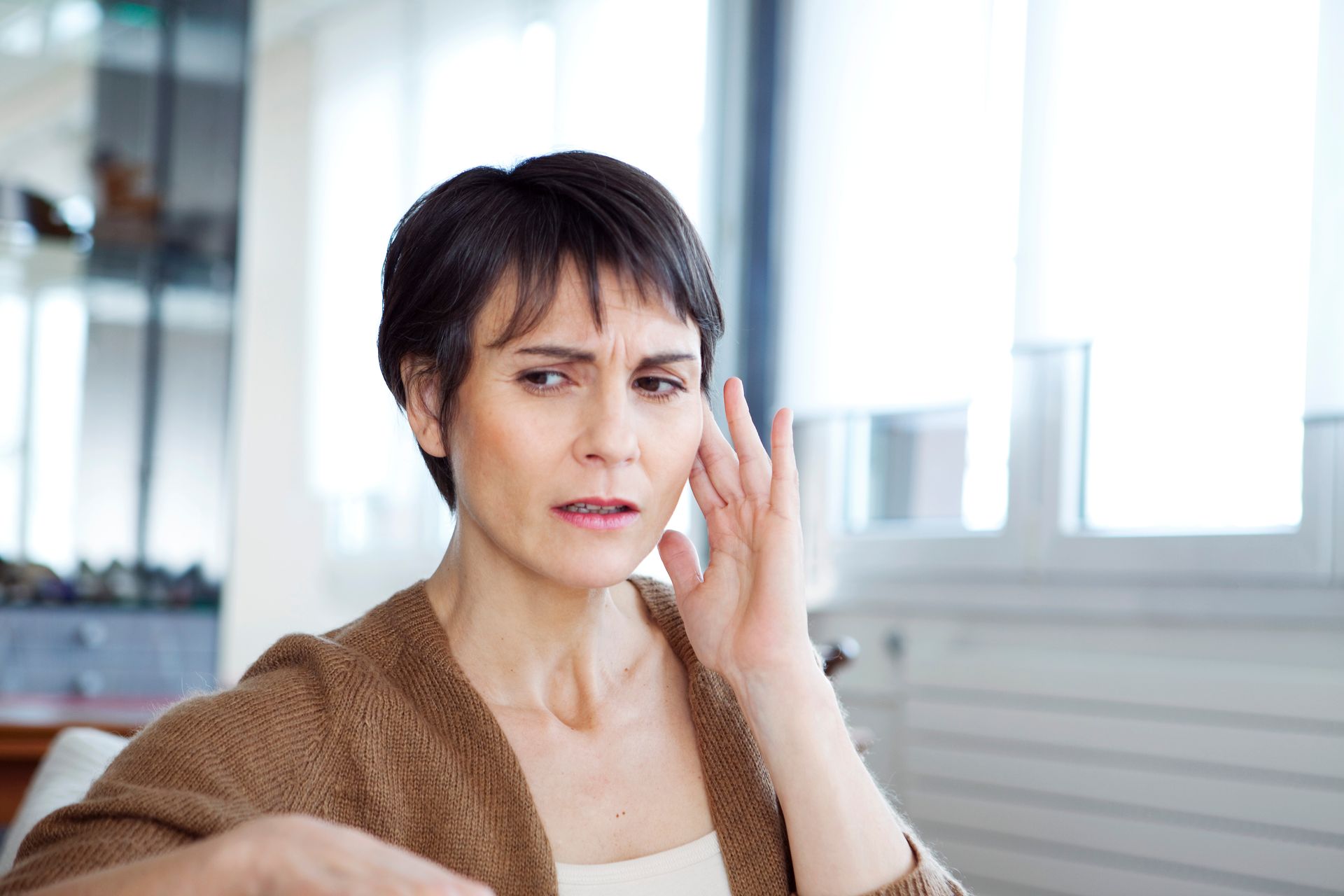Tinnitus
Consultation
The diagnosis was tinnitus, but there is no ringing sensation in my ears.
Tinnitus is commonly characterized as a sensation of hearing a ringing sound in your ears. However, it's important to note that tinnitus is actually the perception of a noise, typically when there is no external source of sound. While many people experience tinnitus as a ringing sound, it can also present as a pulsing, whooshing, clicking, or crackling sound. If you notice any of these symptoms persisting for more than a few days, it could be indicative of tinnitus.
How can I effectively manage my tinnitus and reduce the ringing sensation in my ears?
There are several methods available for managing tinnitus that aim to either mask the noise or reduce its impact. The following approaches have been demonstrated to be effective:
Hearing Aids
Maskers
Cognitive behavioral therapy
Tinnitus retraining therapy

